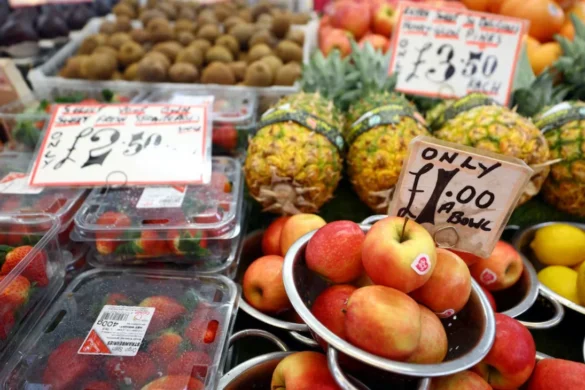Africa’s richest man, Aliko Dangote, has refuted claims that petroleum products from his refinery are substandard. He addressed these allegations on Saturday during a visit from the House of Representatives leadership at the Lekki Free Trade Zone refinery in Lagos.
The delegation, led by Speaker Tajudeen Abbas and his deputy Benjamin Kalu, along with Hon Ikenga Ugochinyere, observed as Dangote and his team conducted tests on diesel from two filling stations and from the Dangote Refinery in the refinery’s laboratories.
The tests, conducted in the presence of the lawmakers, included a sulphur level test and a flash point test. High sulphur levels can damage engines and vehicle components, while the flash point measures the lowest temperature at which vapors ignite, with a minimum expected flash point of 66 degrees Celsius.
The results revealed that the sulphur content in the diesel from other stations was significantly above the recommended level, showing values of 2,631 ppm and 1,829 ppm, respectively. The flash point results for these diesels were 26 and 63, both below the recommended minimum of 66. In contrast, the diesel from the Dangote Refinery had a sulphur content of 87.6 ppm and a flash point of 96.
Dangote emphasized that these results not only affirm the quality of his refinery’s products but also highlight the substandard petroleum products being imported and sold in Nigeria. He called on the House of Representatives to investigate the quality of diesel and petrol at filling stations nationwide and to examine the laboratories testing imported products.
Dangote also addressed claims that his group of companies holds a monopoly, asserting that they add value by turning local raw materials into products and have never prevented others from entering the same markets. He pointed out that when Dangote Group entered the cement production industry, other companies, such as Lafarge, were already operating without being labeled monopolies.
Furthermore, Dangote clarified that his refinery did not receive any incentives from the Federal Government or Lagos State, stating, “We did not collect one single incentive from the Federal Government of Nigeria or even Lagos State. Yes, the Lagos State gave us a good deal, but we paid $100 million for the land.”
He urged the House to investigate discrepancies in lab test results and to ensure the quality of products sold to Nigerians by conducting independent tests at filling stations.
Speaker Abbas acknowledged the need for an investigation, citing the contradictory claims from the public and private sectors and the importance of determining if there are ulterior motives.




